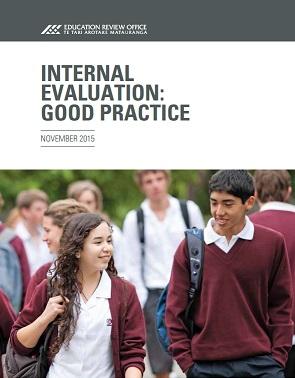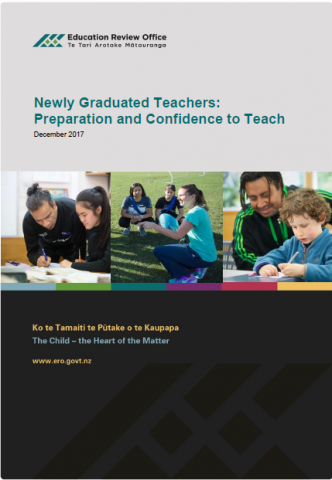Learning in residential care: A guide for parents and whānau
Published: 01 Jul 2021
This short guide is for parents and whānau of students in residential care. It draws from our report Learning in Residential Care, ‘They knew I wanted to learn’, sharing what we heard when we looked at the quality of education in Oranga Tamariki residential care, what research tells us about good education provision for these students, and actions whānau can take to support students’ learning in residential care.
- Audience:
- Academics
- Education
- Parents
- Schools
- Content type:
- Research
- Topics:
- At-risk students
- Behavioural needs
- Best practice
- Boys' education
- Child wellbeing
- Culture
- Education and care services
- Education outcomes
- Education transitions
- Equitable outcomes
- Good practice
- High needs
- Māori
- Physical and emotional safety
- Priority learners
- Raising achievement
- Social workers
- Teaching
- Te reo Māori
- Transitions
- Vulnerable learners
- Wellbeing







